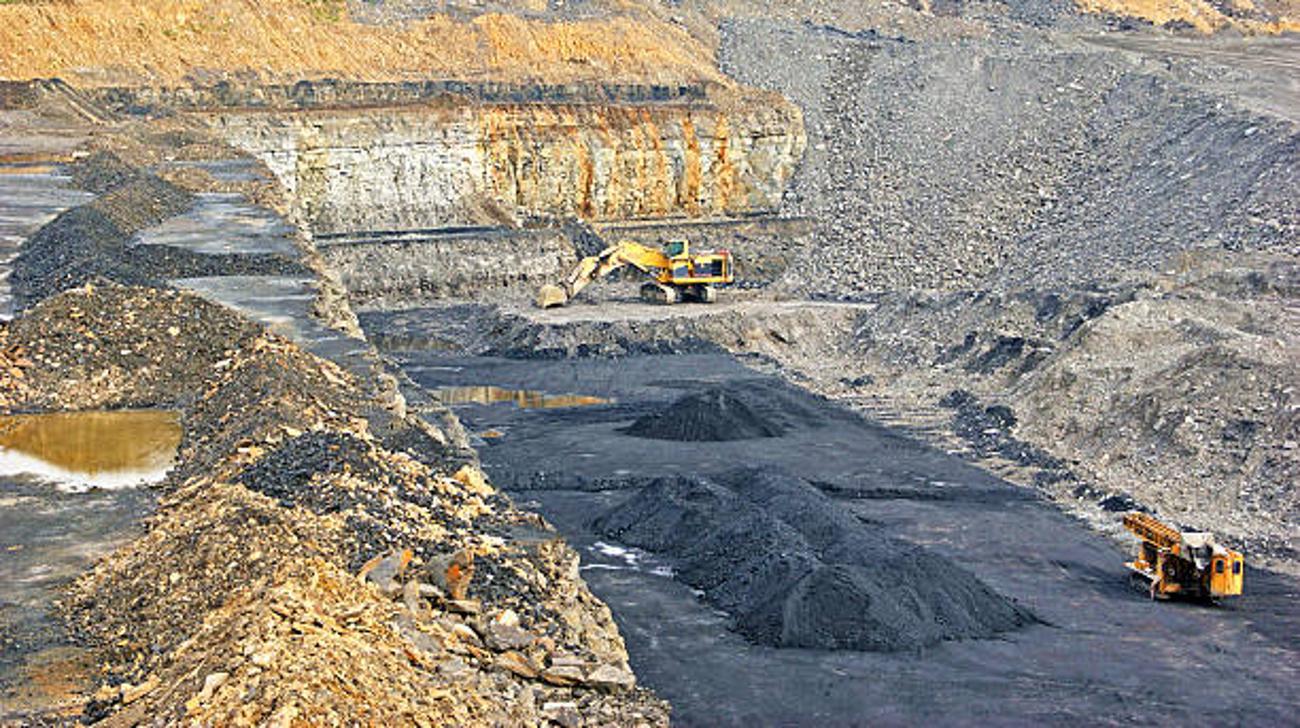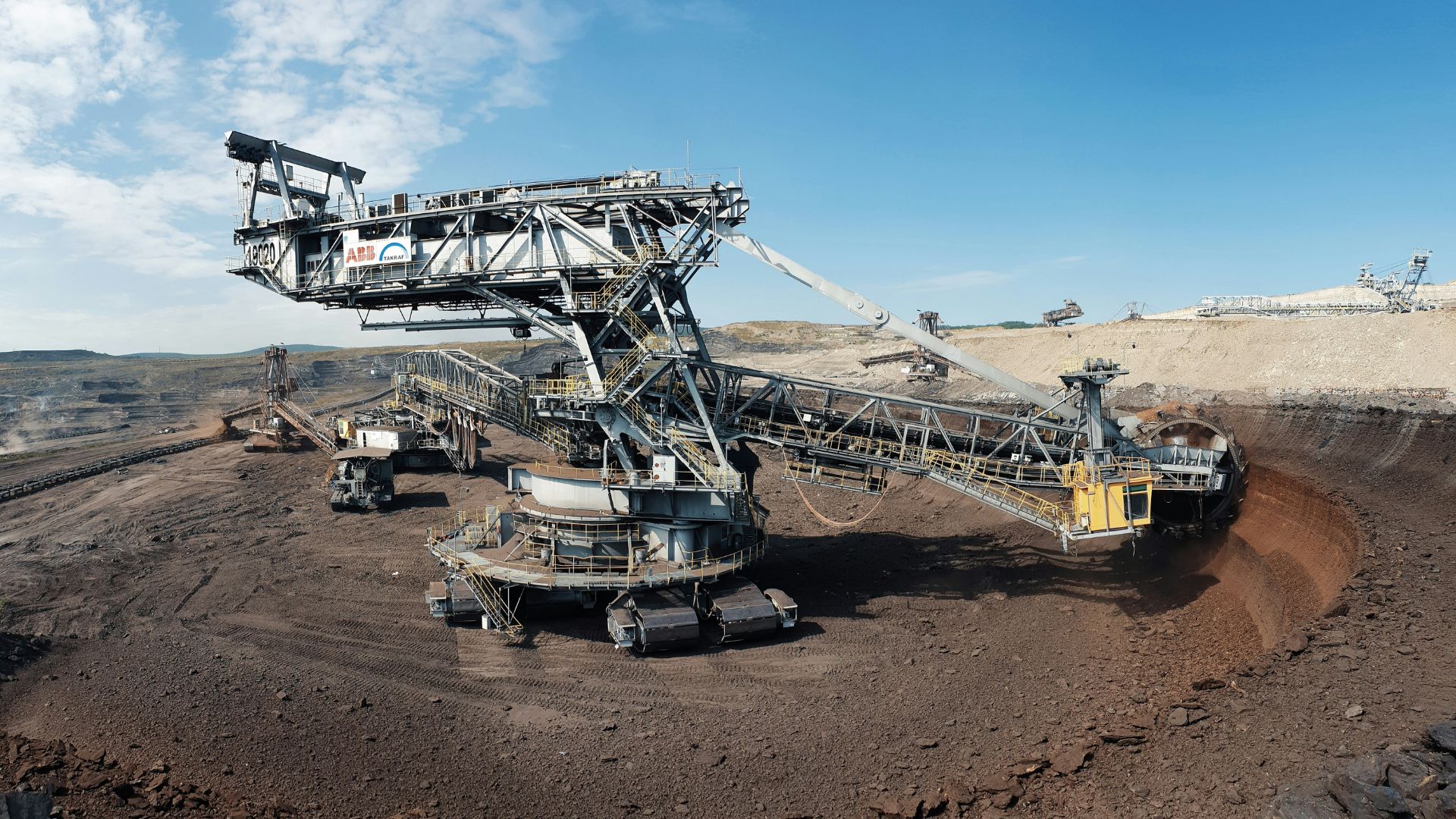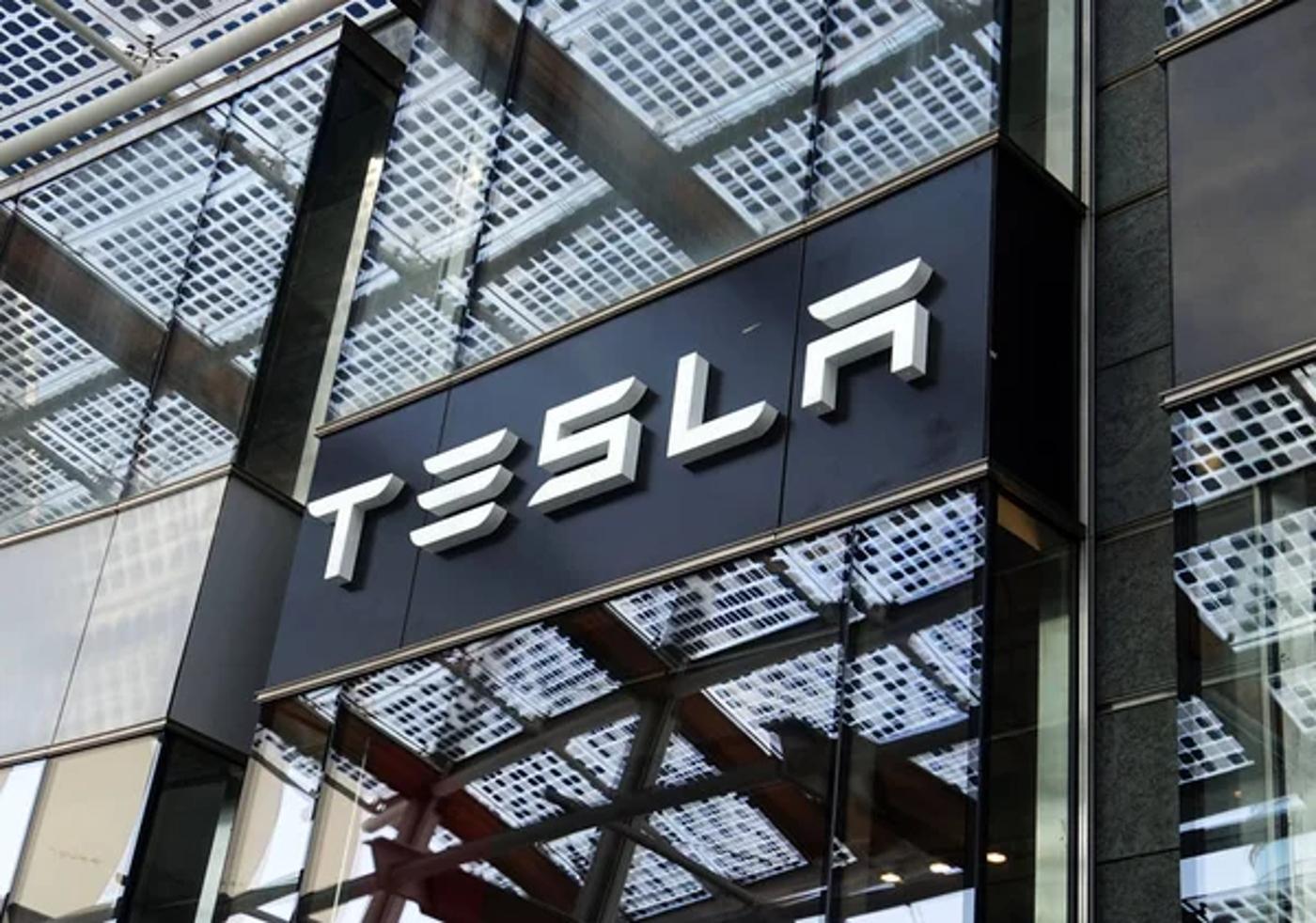Not many people might be aware that the tech industry consumes some of the largest quantities of natural resources. Even theoretical things like Bitcoin can use more energy than small countries.
However, the infrastructure required to create the technology and store data and codes takes up massive amounts of energy.
Hugely Environmentally Destructive Industry

Many people are unaware of the secret destructive side of technology and the internet industry. Modern inventions like email, cloud data, and video streaming were meant to replace in-person industries that usually required a bit more physical labour.
Instead, the tech industry has made our lives immeasurably more convenient while destroying natural resources behind the scenes.
AI Is One of the Worst Culprits for Environmental Destruction

Despite vast improvements in solar power and energy meters, internet-based technology is burning resources at a destructive scale.
One of the worst culprits is large language AI models like ChatGPT. Research shows that Microsoft used more than 700,000 litres of water to cool the machines that trained ChatGPT-3 at its data facilities.
The Tech Industry Has Obscured Its Ugly Side

The technology industry has worked and operated under secret conditions for decades. Consumers often don’t know what it takes to create and produce complicated machines en masse.
One of the main concerns is the environmental impact of creating physical items like microchips and screens, as well as the massive energy needed to host websites.
Google and Meta Have Both Raised Concerns of Energy Consumption

Google and Meta have big new plans for an AI Research SuperCluster (RSC). This center is raising massive concerns with environmentalists who believe that the rise of AI and cloud-based tech has gone a little too far.
The two global companies’ massive increase in energy consumption will skyrocket their use of fossil fuels. It has been rumoured that the companies may choose to base the centers in areas with cheaper electricity so that they can use the needed amount without paying for it.
The Public Is Still Unsure of AI Tools

Studies published by the Pew Research Center show that more than 52% of Americans are concerned about how AI tools might worsen daily life and eliminate well-paying jobs.
Also, many users of Facebook and Instagram have raised issues that the inclusion of AI feels forced and is not a natural improvement to the apps. Despite the cautious views, large companies have put billions into the improvement and creation of their own tools.
New AI Super Center Might Increase Water Scarcity

One of the resources that tech companies and AI technology use in abundance is water. Cooling down massive warehouses full of over-loaded servers requires a massive amount of water.
Although the server towers use air mechanisms to dissipate heat, water is still the most useful method. Abusing water in impoverished areas and third-world countries can restrict water sources for local communities.
Mining for Computers and Microchips Is Destroying the Environment

Along with outrageous water intake, these large companies need to mine large amounts of lithium and cobalt, both of which are used for microchips and batteries.
The extraction process, which occurs in many third-world countries, involves destroying land and using harmful fracking chemicals, and it is known to pollute nearby air and water.
Lithium and Cobalt Both Linked to Human Rights Violations

Unfortunately, things like cell phones, laptops, and even electric vehicle batteries run on lithium and cobalt. However, the extraction of these minerals is linked to some of the most offensive human rights violations.
Most of the mining occurs in the Dominican Republic of Congo (DRC) and uses child labour with unsafe work practices to extract the resources.
U.S. Based Tech Companies Guilty of Harming the Environment

Earlier last month, electric vehicle maker Tesla was accused of violating the Clean Air Act (CAA) by illegally dumping fumes and cancer-causing materials.
The company was sued by multiple enrivonrmental agencies and was forced to pay out millions in damages.
Many Companies Put Shareholder Profits Above the Well Being of Residents

It’s no secret that for-profit companies answer to shareholders who want to see a return on their investments. However, this reality can often come at the expense of the environment and small communities, which can be polluted as a result.
Many environmental groups think that governments need to work alongside big companies to create strict rules regarding the use of natural resources and the dumping of toxic chemicals.
New Innovation Should Also Mitigate Environmental Impacts

Technological advancements and environmental sustainability should work together. Instead of showing a certain face to consumers and a second, much more destructive reality behind the scenes, many policymakers think that companies need to focus on less extractive business models.
Such approaches could easily be undertaken on a global scale. However, it would mean big changes to industries already established within certain methods.








































